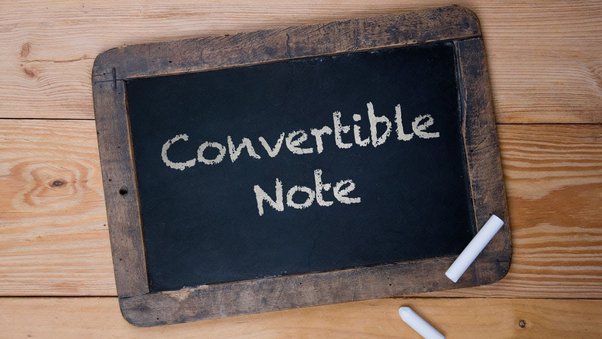

A convertible note purchase agreement is a contract between a group of investors and a firm that commits all of the investors to the same terms and conditions for a certain round of convertible debt financing. Debt that may be converted into equity is referred to as convertible debt. The purchase of a later round of financing by the firm is a frequent trigger for the debt to be converted into equity (amounting to an agreed upon monetary value).
Table of Contents
A note purchase agreement is utilised when a corporation issues convertible debt in the form of convertible promissory notes.
A convertible note purchase agreement is one of numerous contracts used in transactions involving convertible debt. Convertible debt is a favourable approach for businesses to obtain capital for a variety of reasons, including the ability to postpone the requirement for a firm appraisal.
It has the potential to postpone the issue of specific series of equity, so deferring the major legal fees of issuing stock, etc., as well as the potential dilution of the founders’ ownership and control.
If a corporation decides to obtain funds by issuing convertible debt, it will require at least three major documents: A convertible debt term sheet, a convertible note purchase agreement, and a convertible promissory note are the three documents. If the debt is to be secured, a security agreement is also required.
A convertible debt term sheet (also known as a convertible note term sheet) should be written first, as with any term sheet, and is used as a negotiation tool to iron down the key parameters of the transaction before the final agreements are established. Term sheets are often non-binding and intended for discussion purposes. The convertible debt term sheet should, at the very least, cover the following transaction points:
The planned financing’s maximum and lowest amount of money raised
Each convertible promissory note’s maximum and minimum amounts
The deadline has passed (or a date range if there may be multiple closings)
The convertible promissory notes’ maturity date
Whether or if the convertible promissory notes may be prepaid (and, if so, under what conditions?)
The conversion terms (for example, is the conversion automatic, and if so, what triggers the automatic conversion, what is the conversion price, and what rights will the newly formed equity confer?)
What if the firm is liquidated or sold/acquired prior to the conversion?
The rate of interest
What constitutes a default?
How the profits will be used by the firm
How the funds will be used (e.g. first to interest and then principal)
A description of the representations and warranties that the corporation and the investors will make.
This is not a complete list. The provisions that must be handled will be determined by the deal’s intricacy.
The convertible note purchase agreement will include all of the provisions agreed to in the convertible debt term sheet and will be signed by the business and all convertible promissory note buyers. In addition to the provisions indicated above, which should be contained in the convertible debt term sheet, the convertible note purchase agreement should include the following:
What will be supplied in the end? (s)
The whole company’s and investors’ promises and guarantees
Ancillary contracts (that will need to be executed in the event of conversion)
All additional conditions that your attorney thinks are appropriate
This is not meant to be a complete list. The scope of the note purchase agreement will vary depending on the underlying transaction.
The convertible promissory note is the instrument used to generate the debt. A convertible promissory note is a security because it may be converted into equity. As a result, all federal and state securities regulations must be observed. A convertible promissory note, like any other promissory note, may be secured or unsecured.
If it is secured, the debtor has committed specified property to secure the amount payable under the note. The convertible promissory note will include all of the necessary agreed-upon terms from the convertible debt term sheet, as well as additional customary promissory note clauses such as:
The precedence of the note in relation to other debts
What happens if there is a default?
Whether or whether the note may be assigned
All additional conditions that your attorney thinks are appropriate
Promissory notes simply need the debtor’s signature. The note will be physically handed over to the holder.
Every transaction is unique, and the transaction paperwork must be adjusted accordingly. When deciding if a convertible debt transaction is good for you, please contact with an attorney. It is also a good idea to talk with a CPA about the tax implications of this or any sort of transaction.